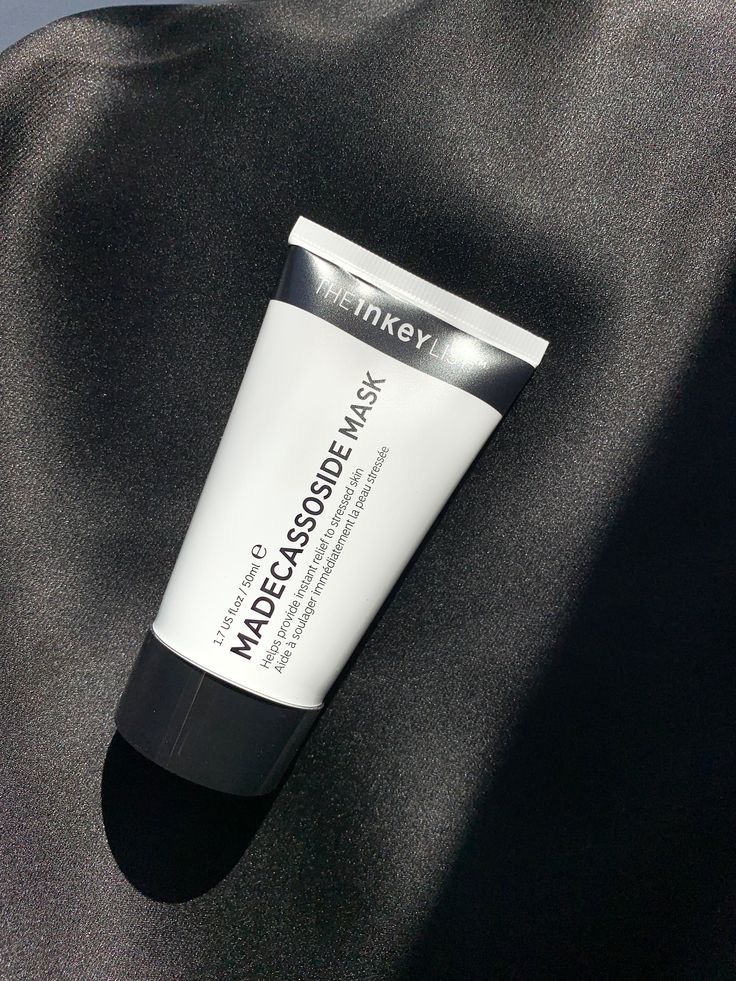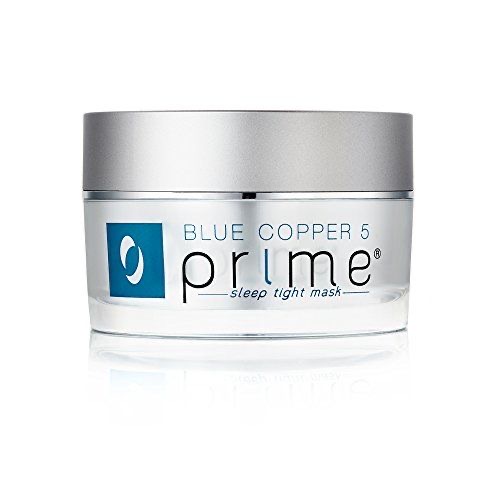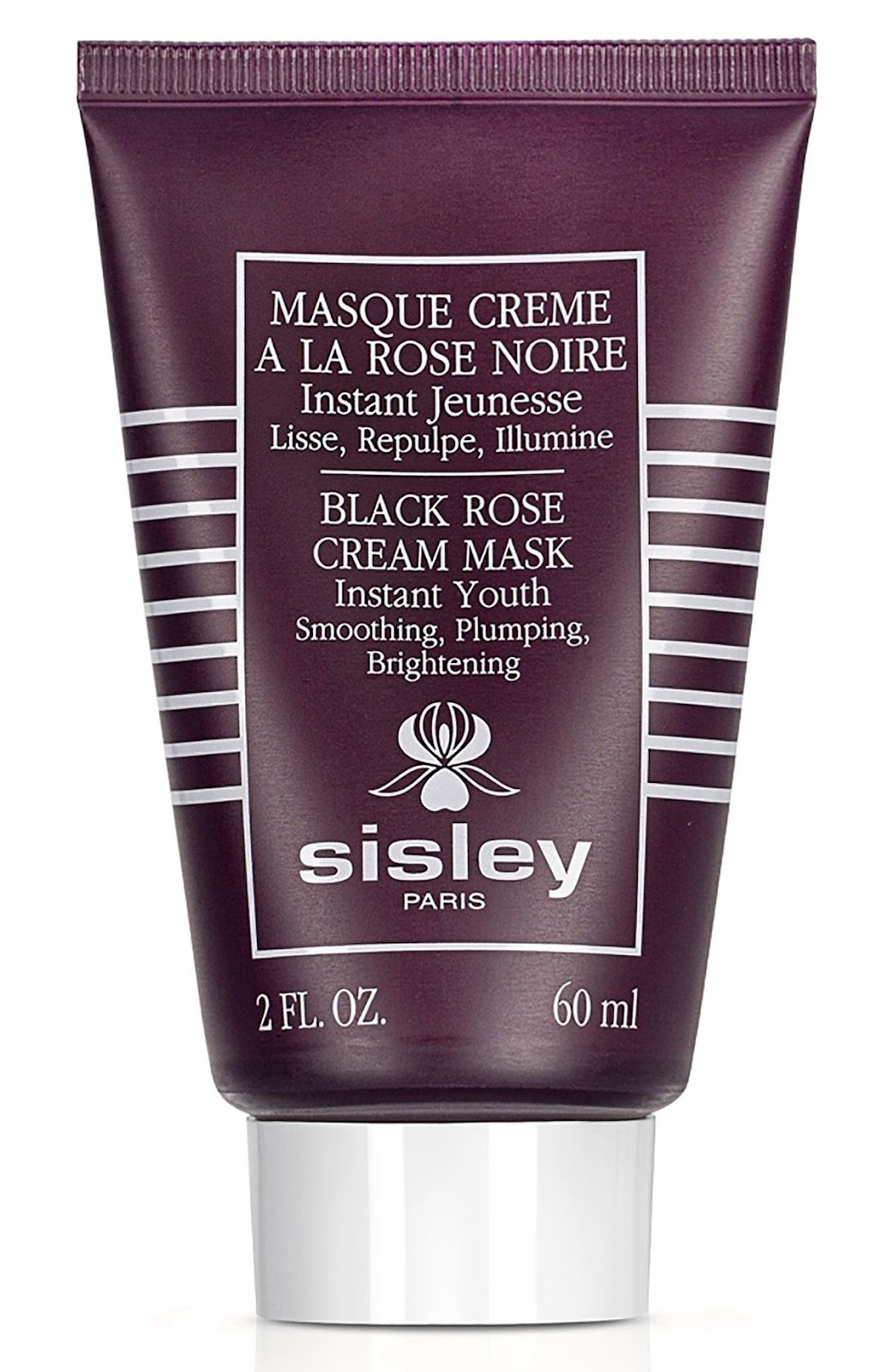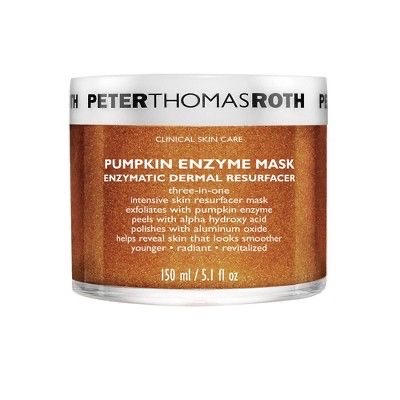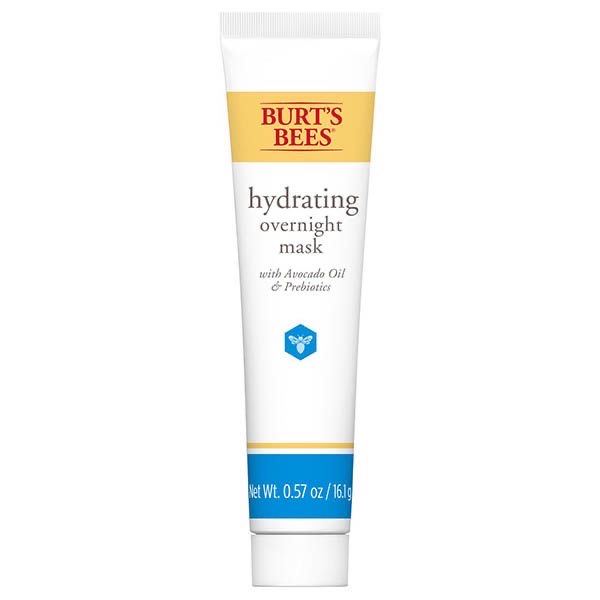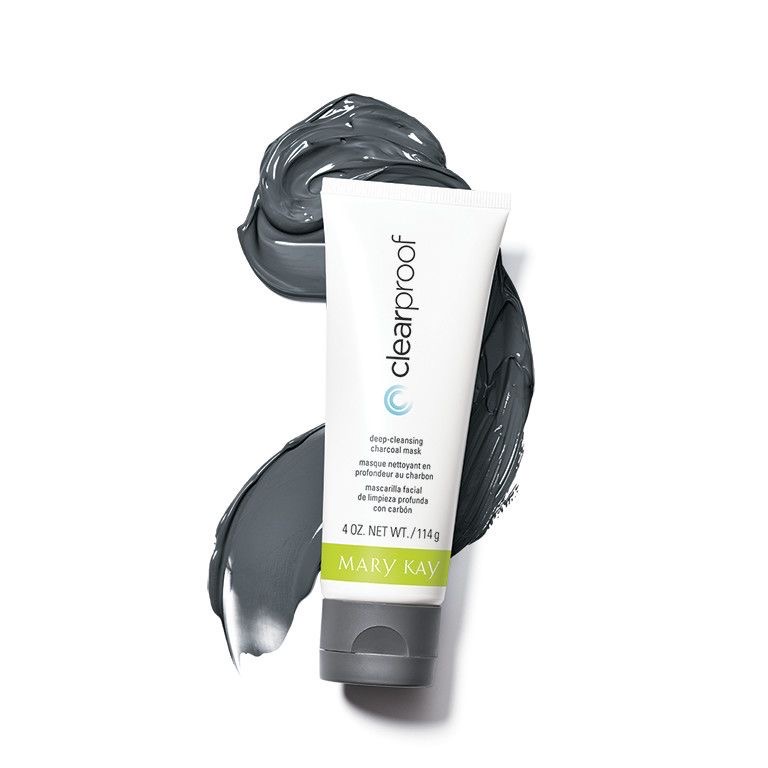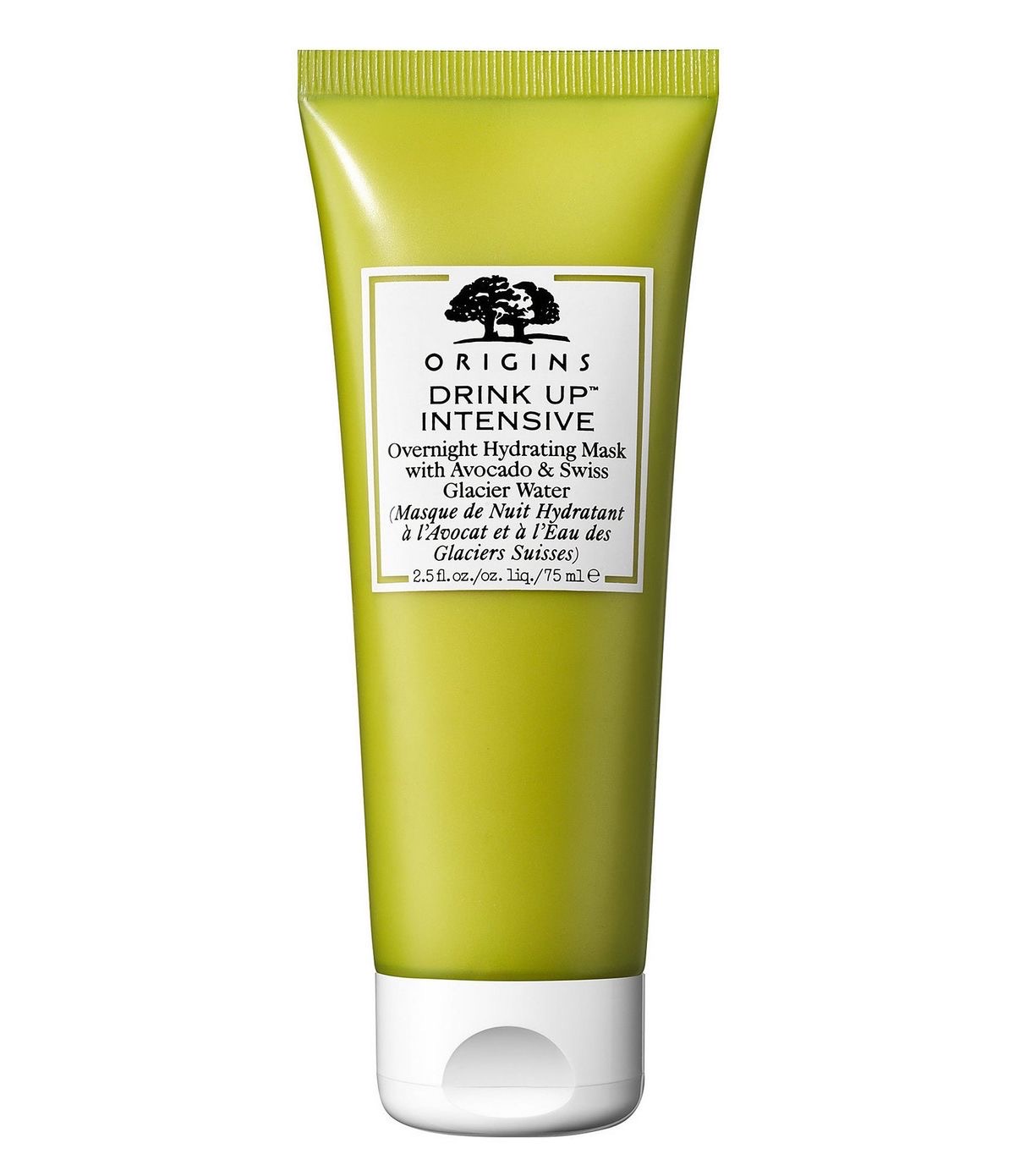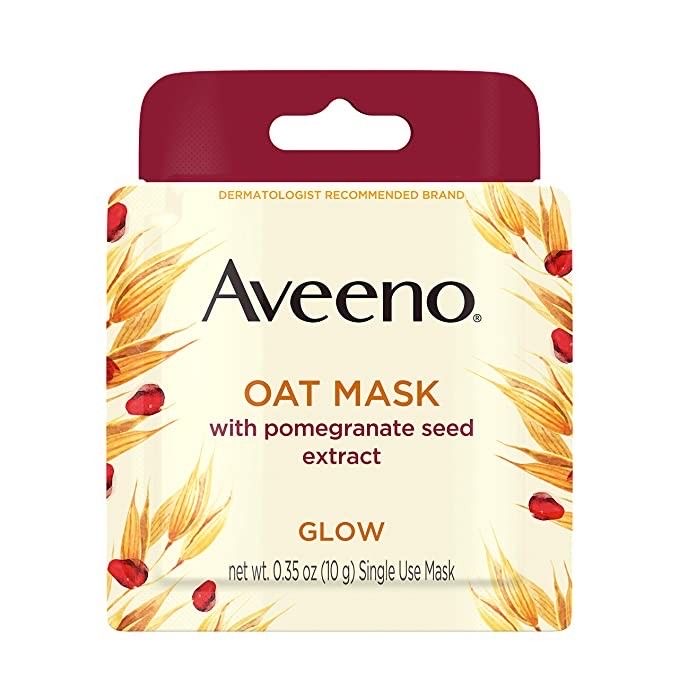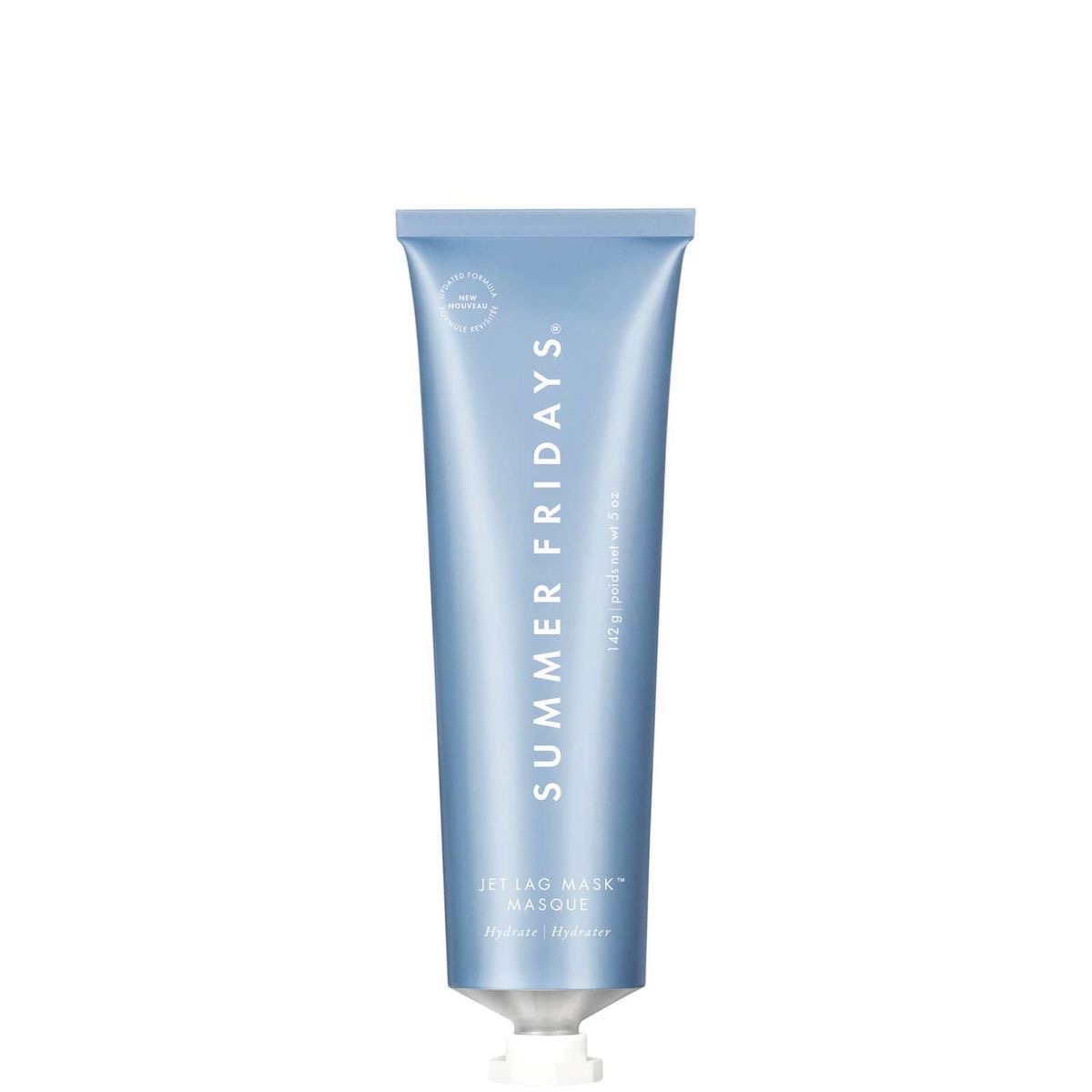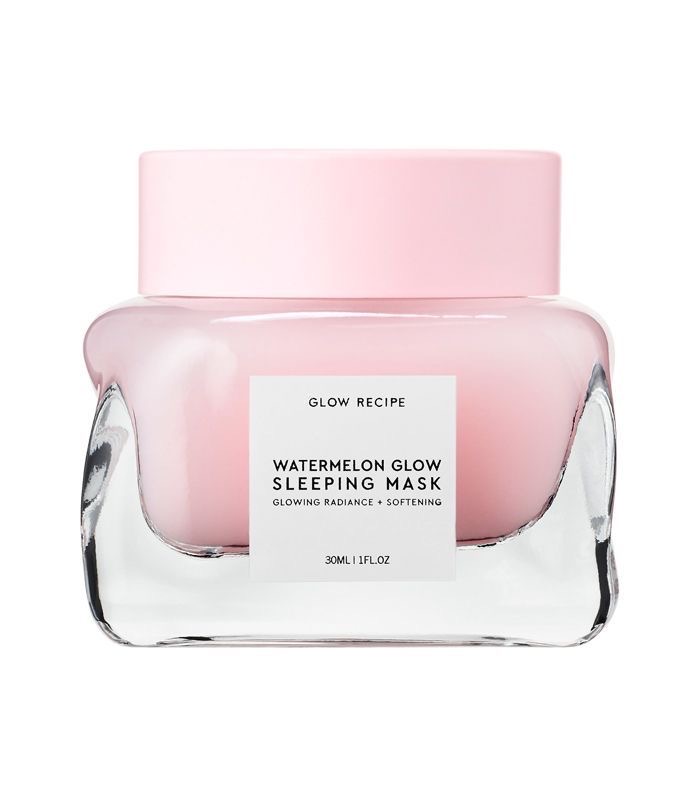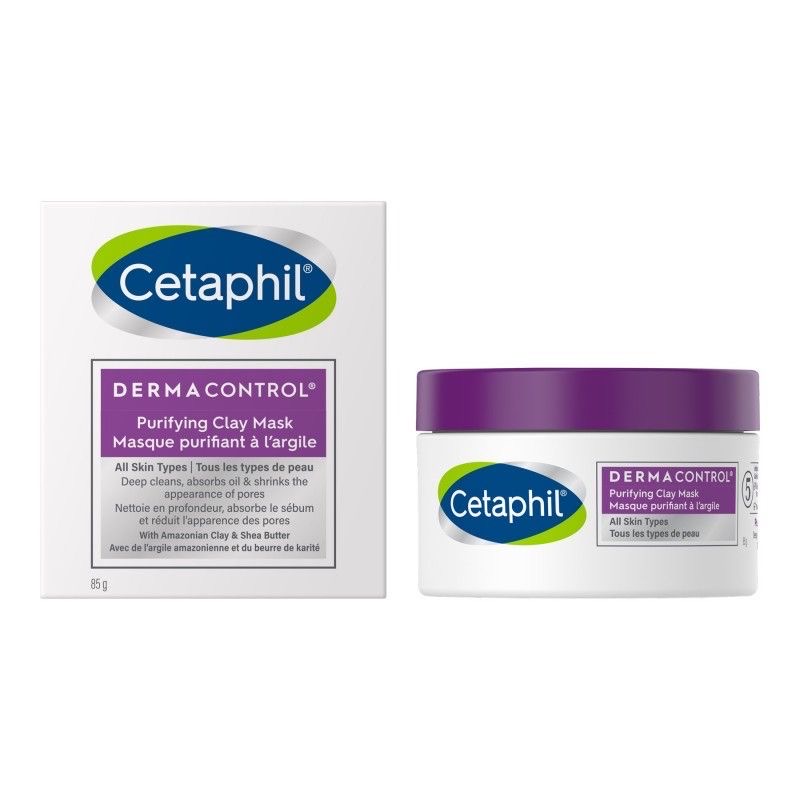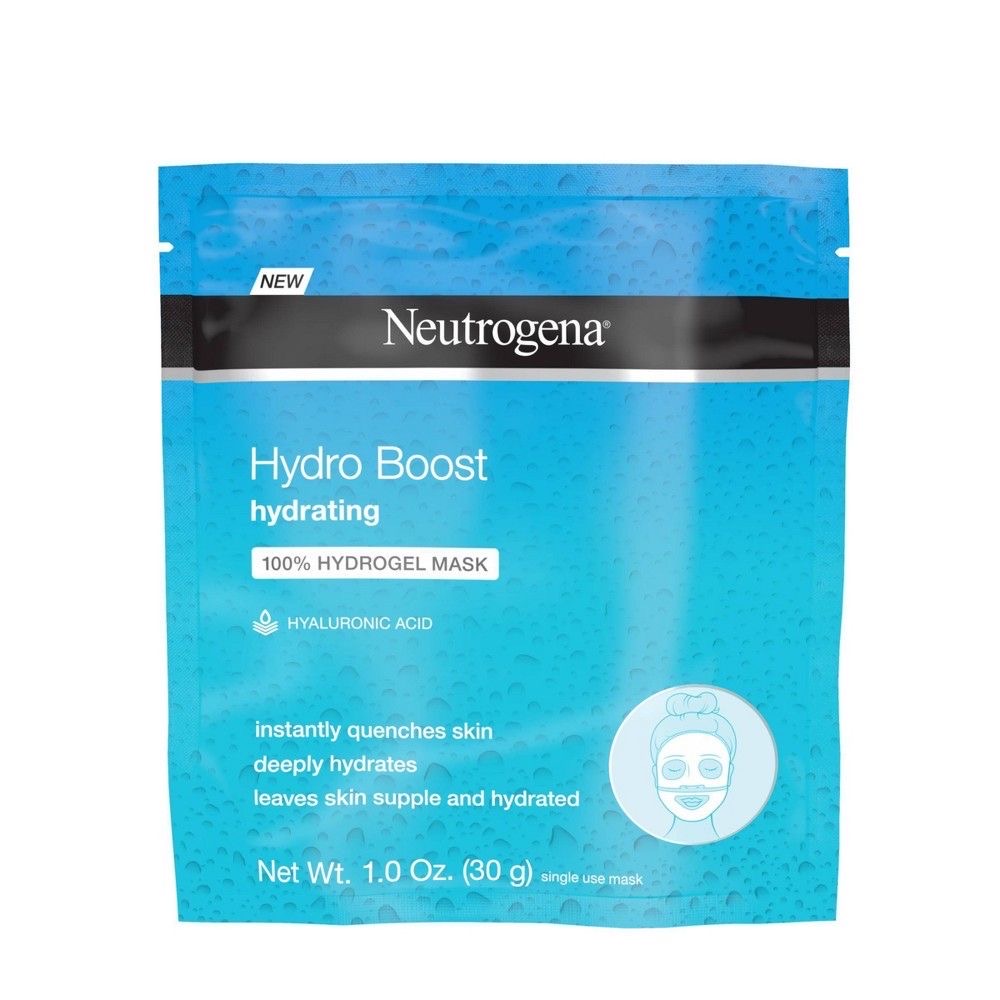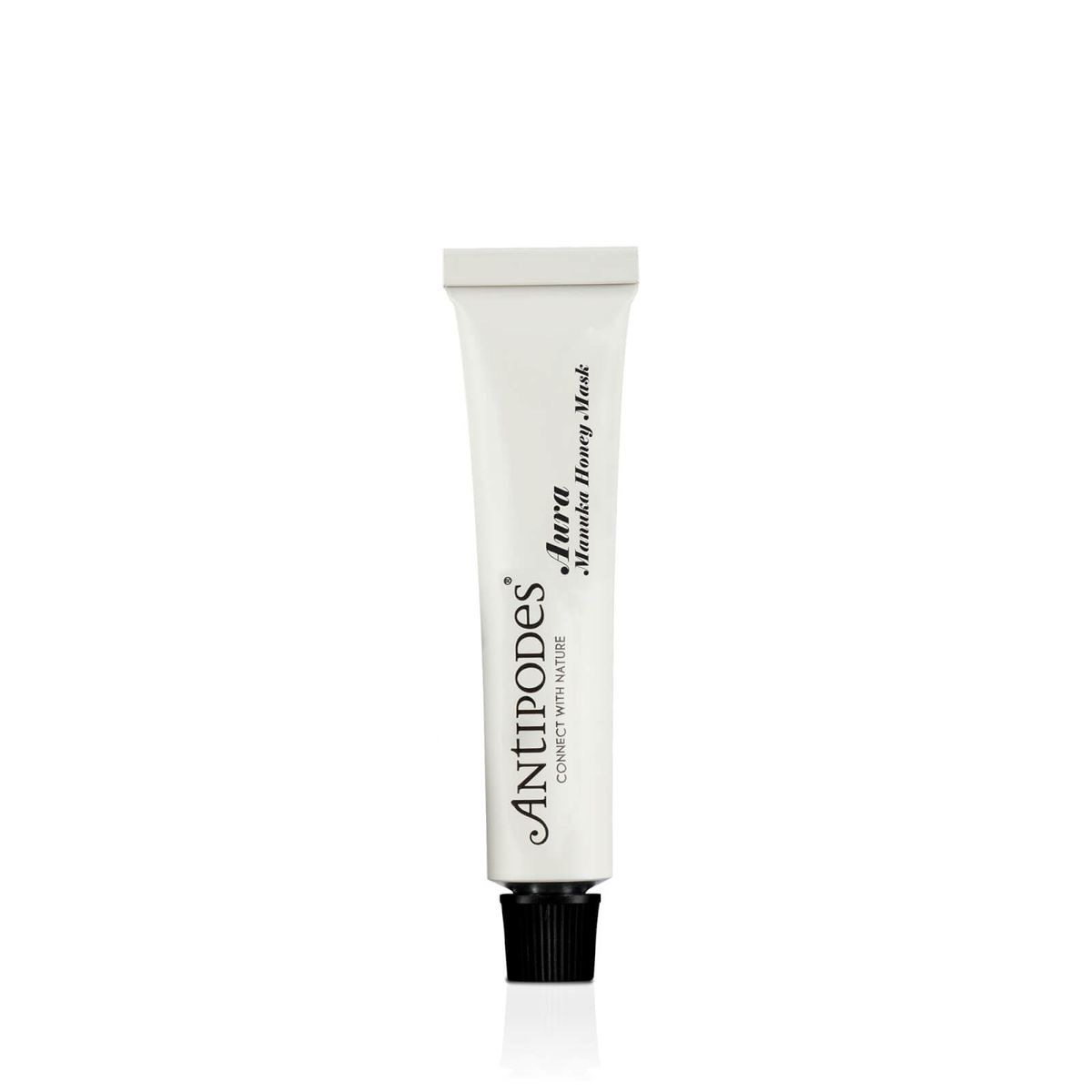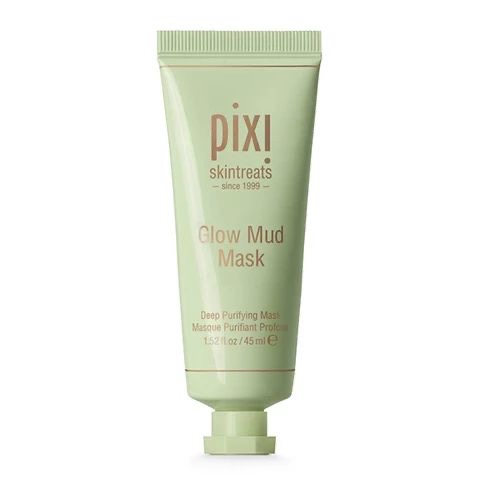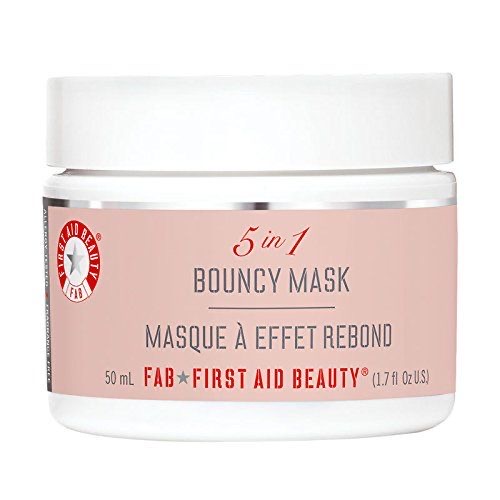With the colder months fast approaching, I thought it would be fun to kick off a beauty series to keep our skin glowing and hydrated all winter long. Over the next few weeks, I’ll be sharing my favorite DIY face masks, scrubs, winter skincare tips, and more! For a glimpse into my daily routine, check out my Natural Vegan Skincare Routine.
Wouldn’t it be nice to keep that summer glow all year round? This DIY mask is not only brightening but also perfect for acne-prone skin (or any skin type!) while giving you a healthy, radiant complexion.
Now, a quick disclaimer: the vegan police might be after me for this one… While I don’t consume honey, I’ve always appreciated its medicinal properties for the skin, especially Manuka honey, which has endless healing benefits. I actually picked up a bottle of Manuka honey from Trader Joe’s over the summer without thinking much of it. But then I started feeling guilty, since vegans typically avoid honey. There’s a lot of debate within the vegan community about this, which I dive deeper into in my post about Plant-Based vs. Vegan. If you’re concerned, you can always swap out the honey for agave nectar to get that same sticky consistency!
Normally, I wouldn’t purchase products with honey, but I had this small bottle lying around, and instead of letting it go to waste, I’ve decided to use it for beauty purposes, like in this Brightening Turmeric DIY Face Mask.
A fun fact: Manuka honey comes from New Zealand, where bees feed on the nectar of the Tea Tree Plant. It’s the perfect addition to this mask for an extra glow boost!
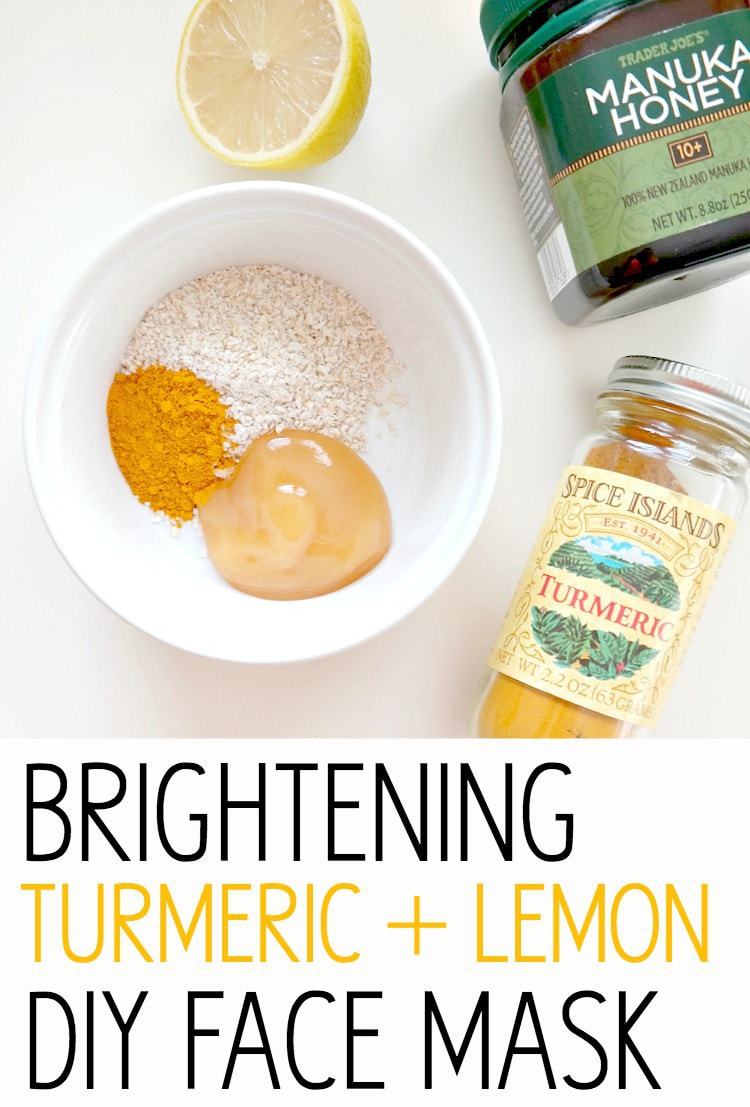
THIS POTENT MANUKA HONEY IS ESPECIALLY GREAT FOR:
- Healing acne and scarring
- Fighting skin infections
- Cleaning pores while naturally exfoliating
- Helping skin retain moisture
- Rejuvenating radiance and softness
NOT TO MENTION ITS:
- Anti-bacterial properties
- Anti-inflammatory effects
- Anti-fungal qualities
- High in antioxidants to protect the skin
What makes it even more special is its thicker consistency compared to regular honey, with a cloudy appearance. After soaking up some of this healing Manuka honey, my skin feels totally moisturized, balanced, and soft—it’s magical!
I’m no honey expert (I picked mine up from Trader Joe’s), but I know that higher-quality Manuka honey products are out there, like this one from Manuka Doctor, which has a higher UMF (Unique Manuka Factor) score, indicating more potency. You can really feel the difference with a higher UMF—it’s like a supercharged version of regular honey!
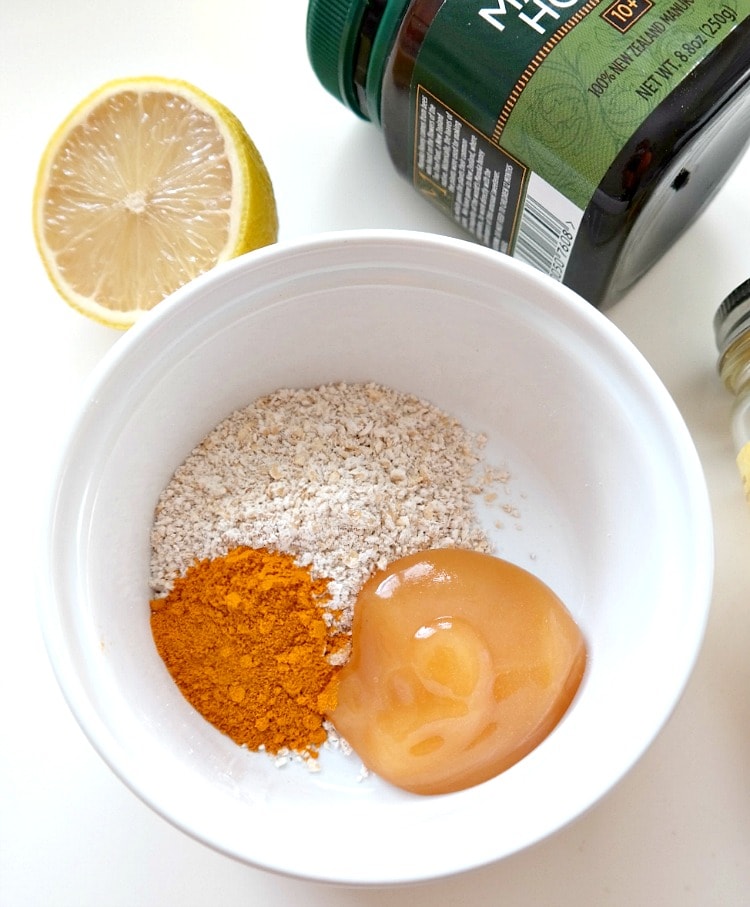
The next essential ingredient for this DIY face mask is turmeric – a true wonder spice, and not just for your curry recipes! This vibrant, golden powder is incredibly beautifying. I was inspired to include it in this mask from my Golden Glow Elixir Juice, which you all seemed to love as much as I did (plus, it’s great for boosting immunity during the winter months!).
Turmeric has been used for centuries in beauty rituals, especially by Indian brides who use turmeric body scrubs and masks before their weddings to achieve that head-to-toe glow. The spice is known for its anti-inflammatory and antioxidant properties, which help to brighten and even out skin tone, while also giving you a luminous, radiant complexion. It’s like liquid gold for your skin!
BENEFITS OF TURMERIC:
Turmeric is a powerhouse when it comes to skincare, offering a range of benefits:
- Reduces redness
- Treats breakouts
- Helps with age spots
- Reduces scarring and hyperpigmentation
- Helps to heal psoriasis and eczema
- Brightens and tones
- Anti-inflammatory properties
While fresh turmeric would be even better for this mask, I only had ground turmeric on hand, which still works wonders. Just a heads-up—turmeric is known to stain, so be sure to wear a shirt you don’t mind getting a little messy and dry your face with a dark towel. The turmeric will leave a slight yellow tint on your skin, but don’t worry! I usually wash my face with my regular sulfur soap once or twice after the mask, and the yellow tint disappears with no problem. Just a little heads-up to ensure you’re prepared!
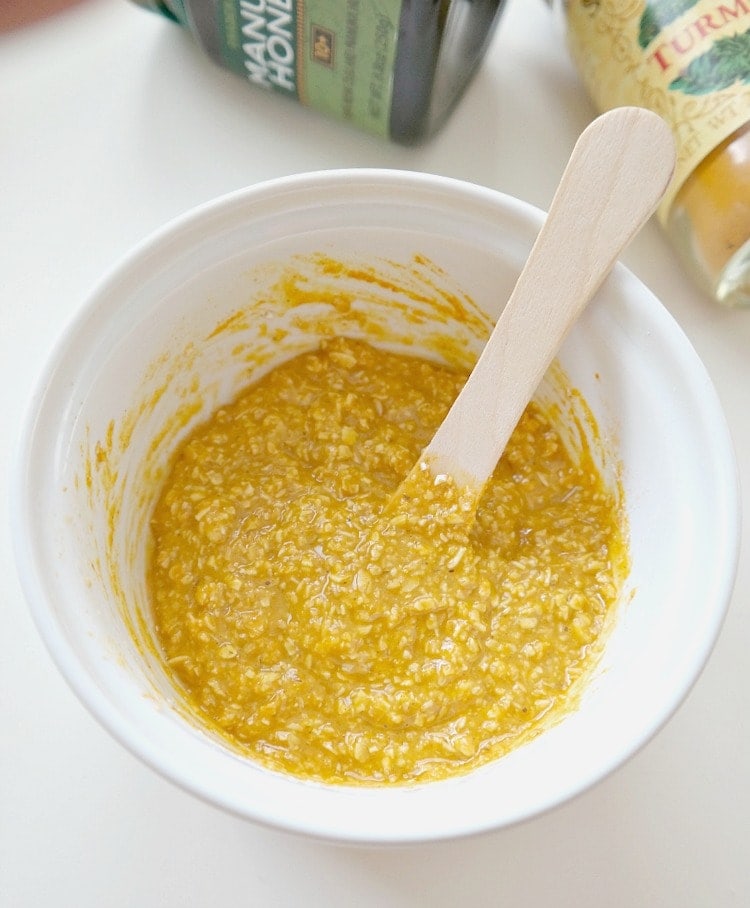
Next up is fresh lemon juice! Lemon is packed with vitamin C, which is essential for brightening and evening out your skin tone. It’s also anti-bacterial, making it especially helpful for breakouts, while acting as a natural exfoliant to give your skin that healthy radiance. Lemon is also known to help fade acne scars over time, making it a great addition to this mask. Don’t worry though—this mask won’t sting like lemon juice sometimes does on its own! It actually feels soothing and balancing on the skin.
The final ingredient is oats, which are incredibly moisturizing, exfoliating, and softening. I blended my oats a bit in the food processor to make them finer, but you can also use oat flour if that’s easier. Just a heads-up, the mask can get a little messy depending on how finely ground your oats are, so be sure to apply it over the sink to make cleanup easier. The oats will help lock in moisture while gently sloughing off dead skin, leaving you with smooth, soft skin.
CONCLUSION
And there you have it—this Brightening Turmeric DIY Face Mask is the perfect way to keep your skin glowing and healthy throughout the colder months! With the power of Manuka honey, turmeric, fresh lemon juice, and oats, this mask works wonders to brighten, exfoliate, and heal your skin, all while leaving it soft, smooth, and balanced.
Whether you’re dealing with breakouts, acne scars, or just want to keep your skin glowing, this mask has got you covered. Plus, it’s natural, vegan (with the option to substitute for agave), and perfect for anyone looking for a simple yet effective skincare routine.
So, put on your favorite old shirt, get ready for a little mess, and treat your skin to some much-needed love and nourishment. Your skin will thank you, and you’ll be glowing all season long!
Let me know how you like it!



